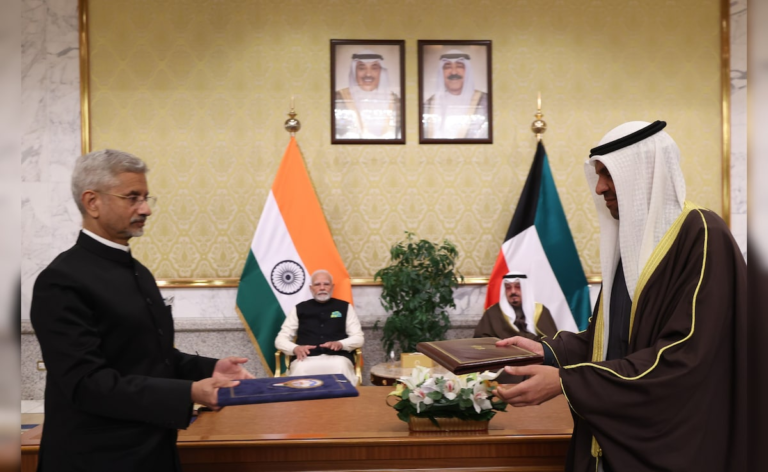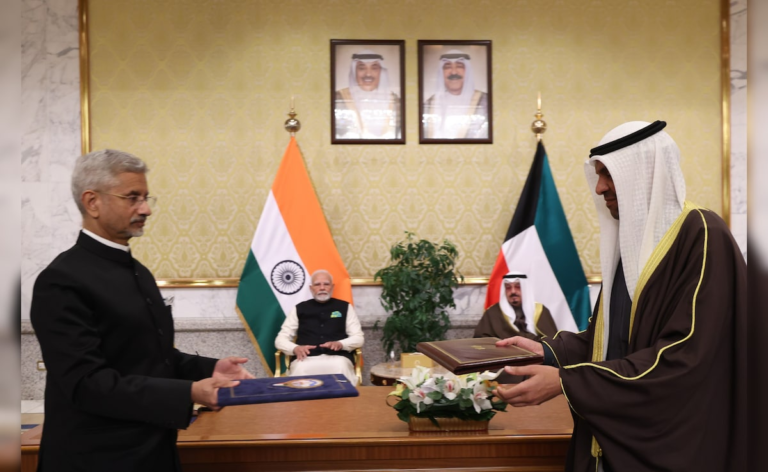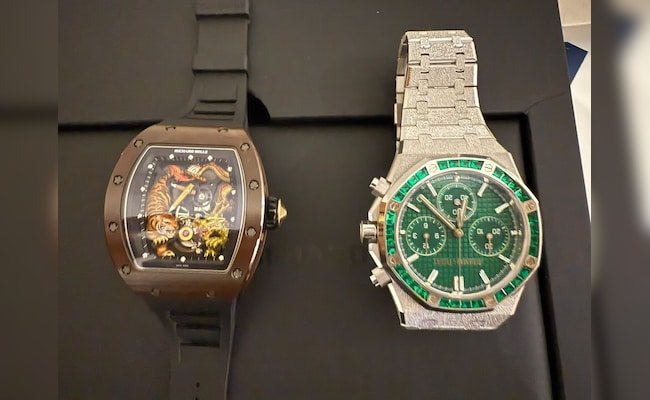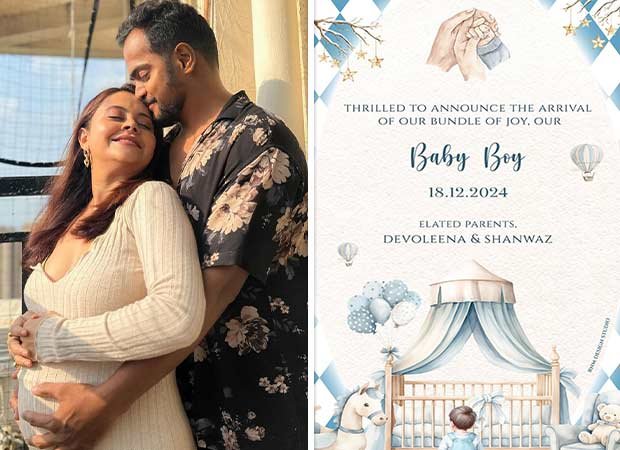

Yefremov:
In the Russian town of Yefremov, residents say they are shocked by the case of a father separated from his 13-year-old daughter because of her drawing criticising Moscow’s offensive.
Located around 300 km (186 miles) from the Russian capital, the town of 37,000 people has all the outward signs of patriotic support for the year-long campaign seen across the country.
“For A World Without Nazism” reads a billboard on the main street — alongside the letters “Z” and “V” used by Russian forces in Ukraine.
But its inhabitants are quietly divided over the fighting and have been shaken in recent weeks by a case that has become a testament to the repression of any criticism of the offensive.
It all began last year when 13-year-old Maria Moskalyova made a drawing at school showing missiles next to a Russian flag heading towards a woman and child standing by a Ukrainian flag.
Her headmistress immediately contacted the police, who said they found comments criticising the offensive on the social media profiles of the girl’s father, 54-year-old Alexei Moskalyov.
Moskalyov is due to go on trial on Monday on a charge of “discrediting Russia’s armed forces” which carries a maximum sentence of up to three years in prison under a law adopted last year.
Moskalyov is also at risk of losing parental rights in a separate trial set to begin on April 6, according to his lawyer Vladimir Bilyenko.
Since March 1, Moskalyov has been under house arrest while his daughter has been taken to an orphanage and forbidden from calling her father, according to town councillor Olga Podolskaya.
The mother is estranged from the family.
The case in this otherwise placid town in Russia’s Tula region has garnered national attention and led to an online petition calling for the child to be returned to her father.
Even Yevgeny Prigozhin, head of the Wagner paramilitary force spearheading Russia’s offensive, has voiced support for Maria and criticised local authorities for their actions.
‘I want this to be over’
In the streets of Yefremov, few inhabitants were prepared to speak openly about the case — or about their views on the campaign in Ukraine.
“Separating a father from his daughter is horrible. She just expressed a point of view,” said Alexandra, a student.
A pensioner who declined to give her name said her life had changed since February 24, 2022 — the day Russian troops crossed into Ukraine.
“I’m not accusing anyone. I see victims on both sides. I want this to be over as soon as possible,” she said.
At the local cemetery, several fresh graves of soldiers killed in what Russia calls its “special military operation” could be seen.
The offensive has felt even closer to home in the past month with three Ukrainian drones reported to have struck in the region.
These developments have increased concern in a small town where everyone knows each other.
In the central square, two elderly women with red arm bands said they were part of a neighbourhood watch initiative set up by residents to report any suspicious activity.
“They told us there is a risk of an attack and we have to keep order,” said one of the women, who were sitting on a bench.
‘They are depressed’
Alexander Salikhov, a 66-year-old retired engineer, said he wanted peace but added that “we have to free Russian lands” in Ukraine.
Dmitry, a 50-year-old businessman, said he had gone bankrupt because of Western sanctions which have caused major disruption in supply chains.
“What does the future hold? The power is in the hands of the security services and we are on the brink of nuclear war,” he said.
Podolskaya said residents were conflicted.
“They are depressed. They do not understand what is happening. But they cannot take to the streets. They are afraid of getting sacked — they have mortgages and children,” she said.
Marianna, a pregnant 31-year-old, said she was more optimistic although she said she was worried about her husband getting mobilised.
“We hope it will end and our son will be born in a peaceful world and he will not have to fear military action,” she said, revealing that the couple plan to call him Bogdan — a popular Ukrainian name.
(Except for the headline, this story has not been edited by NDTV staff and is published from a syndicated feed.)
source
The post is published through a synidicated feed and is attributed to NDTV



